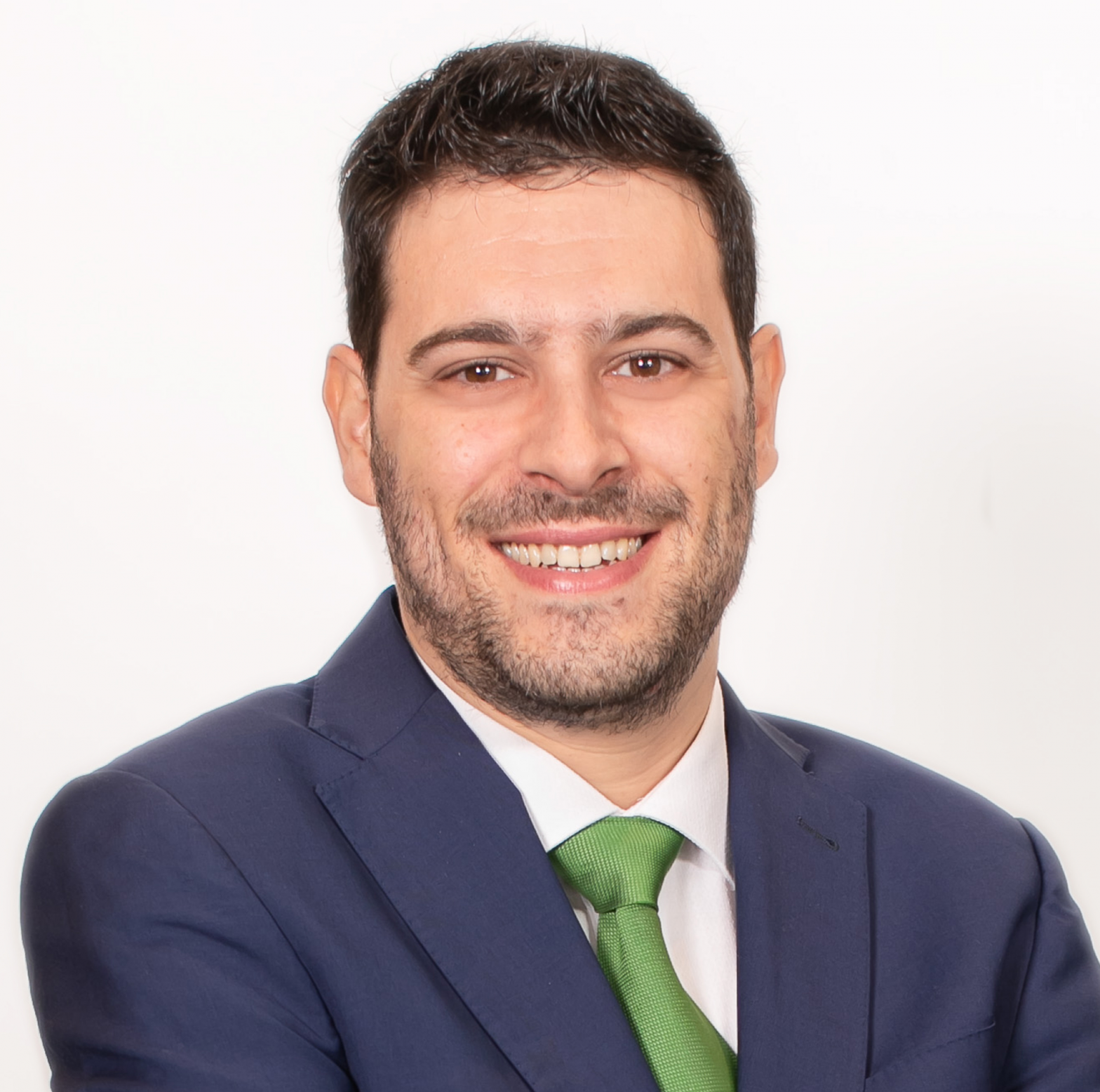
Expert Interview 1: Frequently Asked Questions (FAQs) for Non-Muscle-Invasive Bladder Cancer (NMIBC)
Release date: 26-11-2023
Expiration date: 26-11-2024
About 70% to 80% of bladder cancers present as non-muscle-invasive bladder cancer (NMIBC). The management of NMIBC includes transurethral resection of bladder tumor (TURBT), followed by single-dose intravesical immunotherapy with bacille Calmette-Guérin (BCG) or intravesical chemotherapy (mitomycin C, epirubicin, or doxorubicin). The decision to instill BCG and/or chemotherapy is based on the risk of cancer progression or recurrence.
For practicing oncologists, it is crucial to address Frequently Asked Questions (FAQs) regarding NMIBC such as how to define individual risk groups and treatment recommendations for each group, how to identify BCG refractoriness and relapse in clinical practice, and how to manage patients who are BCG refractory.
Let's watch the recorded video on 'Frequently Asked Questions (FAQs) for NMIBC' to gain comprehensive insights from leading experts – Dr. Francisco X. Real from National Cancer Research Center of Spain and Dr. Félix Guerrero Ramos from Hospital Universitario 12 de Octubre in Madrid, Spain.
This program is available with subtitles in the following languages:

Faculty

Francisco X. Real, MD, PhD
National Cancer Research Center
Madrid, Spain
Francisco X. Real (Paco) has been Professor of Cell Biology at Universitat Pompeu Fabra, Barcelona, Spain, since 2004, and he has also worked at Spanish National Cancer Research Center (CNIO), Madrid, Spain, since 2007. He obtained his MD from the Universitat Autònoma de Barcelona in 1980 and his PhD in 1986. He trained in Medical Oncology at Memorial Hospital in New York where he was a Staff Physician from 1986 to 1988. He carried out his doctoral and postdoctoral work in the laboratory of Lloyd J. Old at Memorial Sloan-Kettering Cancer Center. His work focused on the development of immunological strategies for the treatment of melanoma and epithelial cancers. In 1988, he joined the Institut Municipal d'Investigació Mèdica, Barcelona, where he focused on the cell and molecular biology of epithelial cancers. He was also involved in setting up the Biomedical Sciences studies at Universitat Pompeu Fabra.
At CNIO, Professor Real's group has made significant contributions to the molecular mechanisms involved in pancreatic cancer and in pancreatitis and the molecular pathology and epidemiology of bladder and pancreas cancer. His work combines the use of patient samples, cultured cells, and genetically modified mice, giving a similar relevance to all of them. One important aim of the group’s work is to bring the fundamental knowledge generated in the laboratory to an improved understanding of disease and to develop improved strategies for prevention, early diagnosis, and treatment of pancreatic and bladder cancer.
Professor Real has published more than 300 original papers and his work has been published in Nature, Nature Genetics, Nature Cell Biology, Nature Communications, Nature Reviews Cancer, Gut, Gastroenterology, PNAS, JNCI, J Clin Invest, N Engl J Med, and Lancet, among others. He has received more than 29,000 citations (Google Scholar); his H index is 96. He is a member of the Scientific Advisory Board of several institutions including the Discovery Research Committee of Cancer Research UK (London), Centre de Recherche des Cordeliers (Paris), CARPEM (Paris), Pancreatic Cancer Research UK (London), and Fonds National de la Recherche Scientifique (Brussels). He is an Associate Editor of Gut and Bladder Cancer. In 2015, he was President of the European Pancreatic Club.

Félix Guerrero-Ramos, MD, PhD, FEBU
Hospital Doce de Octubre
Madrid, Spain
Félix Guerrero-Ramos co-leads the Oncological Urology section at Hospital Universitario 12 de Octubre in Madrid, Spain, where he also performs several surgeries as a staff urologist. He is a Residency Programme Director at Hospital Universitario 12 de Octubre and also collaborates as an academic tutor for final year students from Universidad Complutense de Madrid (School of Medicine). In addition, Dr. Guerrero-Ramos is adjunct Professor of Medicine at CEU San Pablo University. He also has a private practice as the Head of the Oncological Urology Unit at HM Hospitales and ROC Clinic in Madrid.
Dr. Guerrero-Ramos obtained his MD from Universidad Autónoma de Madrid in 2008, followed by training as a urologist at Hospital Universitario 12 de Octubre. During his residency period, he completed an observership at University College Hospital in London, UK. He gained his fellowship from the European Board of Urology in Brussels, Belgium, in June 2014 and his PhD from Universidad Complutense de Madrid in December 2015 with a distinction “cum laude”; his doctoral thesis was titled “Comparative analysis of surgical complications in a programme of uncontrolled DCD kidney donation under normothermic preservation.”
Dr. Guerrero-Ramos’ research is mainly focused on urological oncology (especially bladder and kidney cancer). He is the Principal Investigator for several phase I/II/III trials in urothelial and renal cancer. He has been an invited speaker for national and international meetings and has also been the organizer and director of several courses, mainly focused on urothelial and renal cancer. He is the author or coauthor of over 45 scientific articles in peer-reviewed journals, over 100 communications in several worldwide congresses, and 12 book chapters.
This activity is design designed for medical oncologists and urologists involved or interested in the management of urothelial cancer.
The aim of this educational activity is for participants to:
- Define individual risk groups for non-muscle-invasive bladder cancer (NMIBC)
- Appreciate the current and evolving treatment options for NMIBC
- Identify BCG refractoriness and relapse and develop treatment plan for BCG refractory patients
This educational activity is provided by ACE Oncology.
This educational activity is supported by an independent grant from the Healthcare business of Merck KGaA, Darmstadt, Germany.
This activity provides content that is evidence-based, balanced, and free of commercial bias, with a primary objective to improve competence and performance of learners in order to improve patient care.
The faculty reported the following financial relationships or relationships to products or devices they or their spouses/life partners have with commercial interest related to the content of this activity:
Félix Guerrero has served as an advisor or consultant for Pfizer, BMS, AstraZeneca, Janssen and Combat Medical. He has also served as a speaker or a member of a speakers bureau for Astellas Oncology, Janssen, Pfizer, AstraZeneca, Combat Medical and Nucleix. He has agreed to disclose any unlabeled/unapproved uses of drugs or products referenced in his presentation.
Francisco X. Real has received grants for research from VCN Biosciences and Janssen. He has agreed to disclose any unlabeled/unapproved uses of drugs or products referenced in his presentation.
The employees of ACE Oncology have disclosed no relevant financial relationships.
ACE Oncology requires instructors, planners, managers, and other individuals who are in a position to control the content of this activity to disclose any real or apparent conflict of interest (COI) they may have as related to the content of this activity. All identified COIs are thoroughly vetted and resolved according to ACE Oncology’s policy. ACE Oncology is committed to providing its learners with high-quality activities and related materials that promote improvements or quality in healthcare and not a specific proprietary business interest of a commercial entity.
